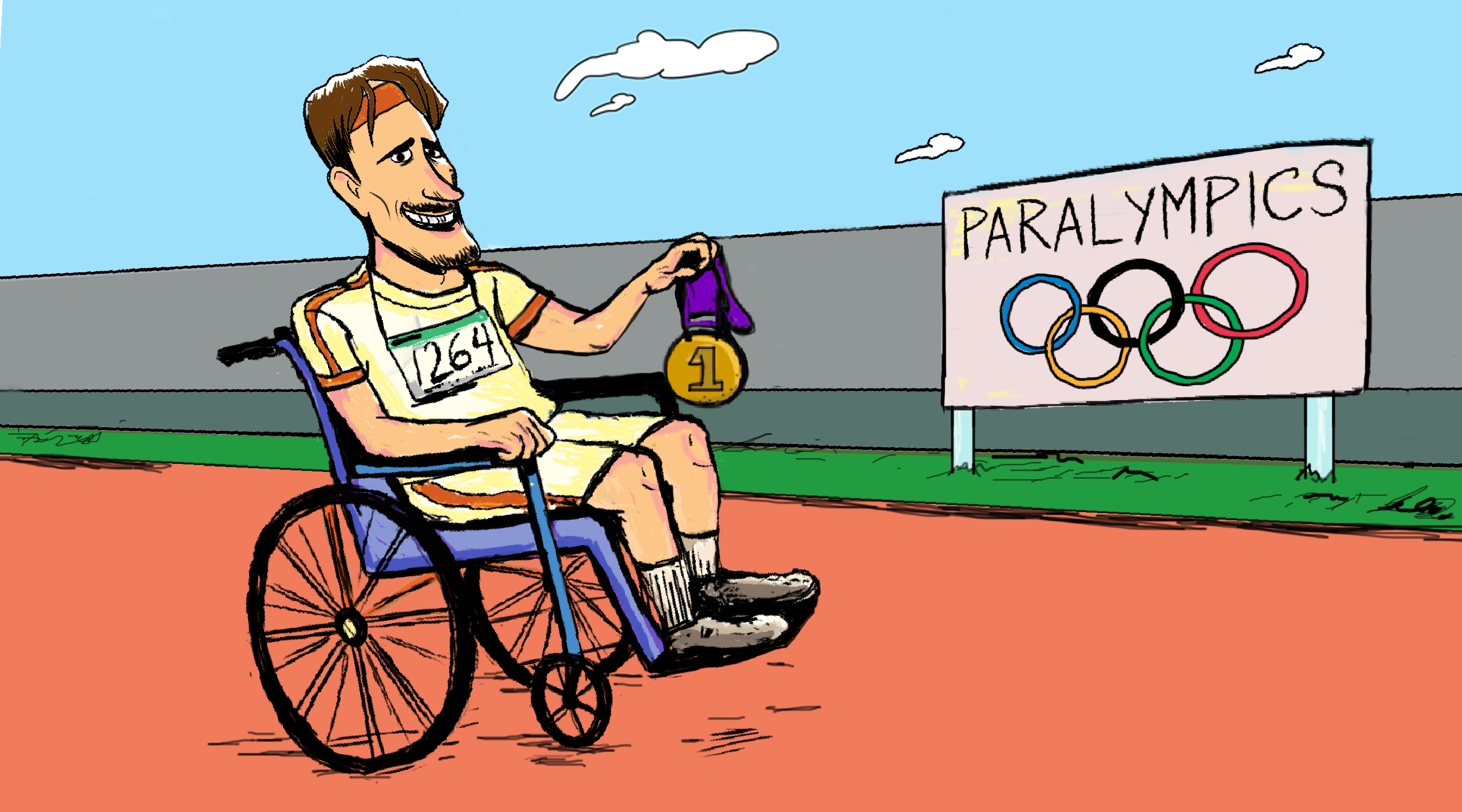Blog #2- Paralympics
The word "Paralympic" comes from the Greek preposition "para," which means "alongside" or "beside," combined with "Olympic." This reflects the fact that the Paralympics are held alongside the Olympic Games, offering a parallel competition for athletes with disabilities. Initially, I thought the "para" in "Paralympic" referred to "paralyzed" or "disabled," which seemed logical given the context. However, after learning the true meaning of "para," I realized the Paralympics were created to run parallel to the Olympics, offering athletes with disabilities the same opportunity to compete at the highest level, side by side with Olympic athletes.
The concept of the "parallel games" is central to the Paralympics. These events are held at the same time as the Olympic Games, but they are specifically for athletes with disabilities. Although the athletes in the Paralympics face challenges related to their disabilities, they are still incredibly competitive and talented, and their performances are highly ranked and awarded, just like those in the Olympics. The main focus of the Paralympic Games is to provide a platform where people with disabilities can shine, compete, and showcase their skills. The idea is to break down barriers and provide equal opportunities for athletes of all abilities to excel.
Click this LINK to learn more about the Paralympics!!!
Overall, the Paralympic Games serve as an important reminder that sports are for everyone, regardless of ability, and that athletes with disabilities are just as capable of achieving greatness as anyone else. The games offer a platform where these athletes can compete, inspire, and prove their remarkable skills on the world stage.
The "Parallel Games" are held at the same time as the Olympics. I learned that the Paralympics hold the same events as the Olympics but people competing have disabilities. Just because it is the Paralympics doesn't mean these athletes are not competitive or athletic. These athletes who compete are still ranked and awarded for their performance. The main focus of the "Parallel Games" is to give people with disabilities the same opportunity to shine, perform, and showcase their talent despite their disabilities.
 |
Sources:
International Olympic Committee. (n.d.). Olympic Charter. IOC. Retrieved January 24, 2025, from https://www.olympics.com/ioc/olympic-charter
Axelrod, G. (2021, April 7). Noelle Lambert: From lacrosse star to Paralympian. Sports Illustrated. https://www.si.com/olympics/2021/04/07/noelle-lambert-lacrosse-to-paralympic-games-tokyo-olympics





Comments
Post a Comment